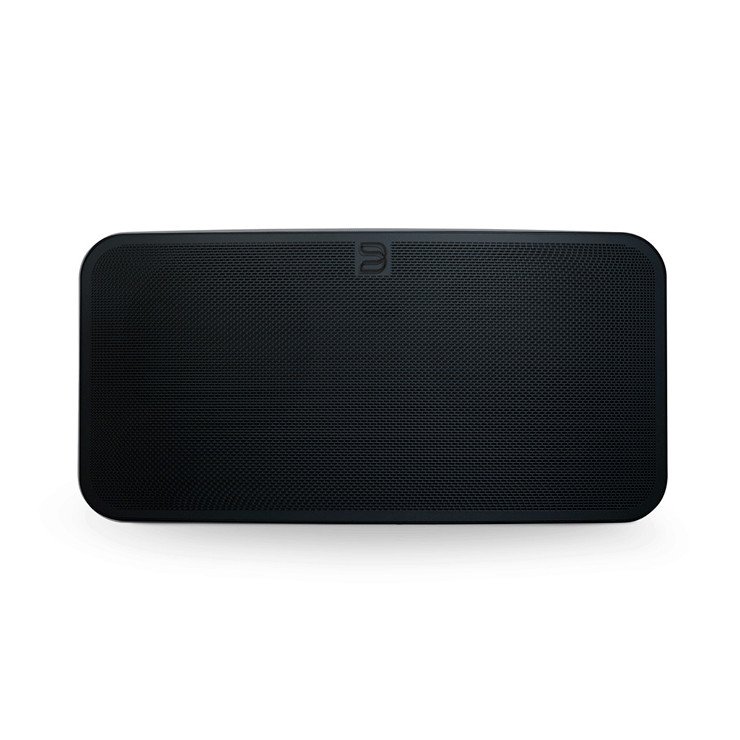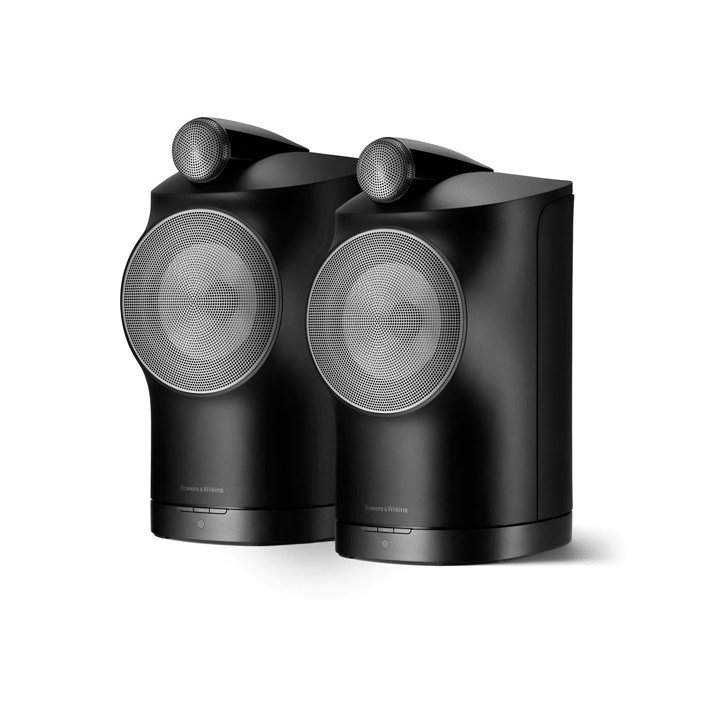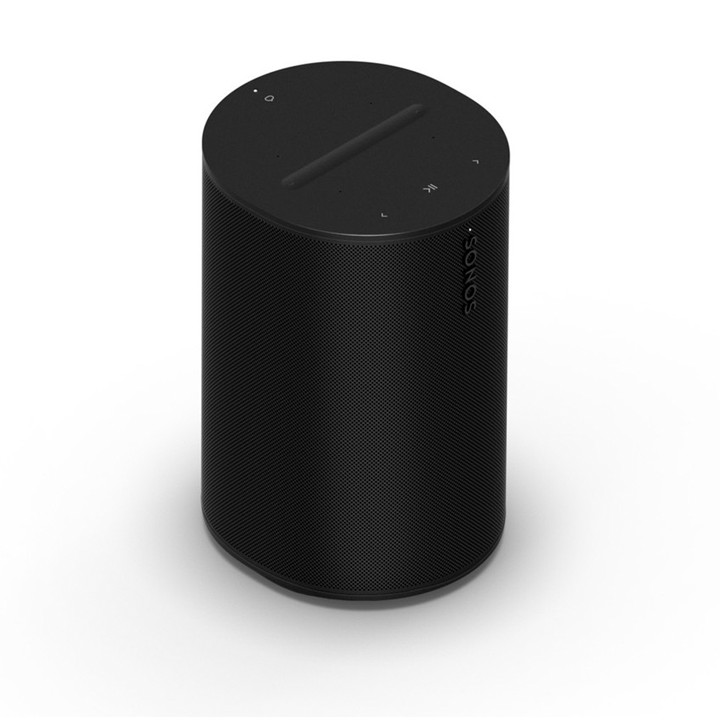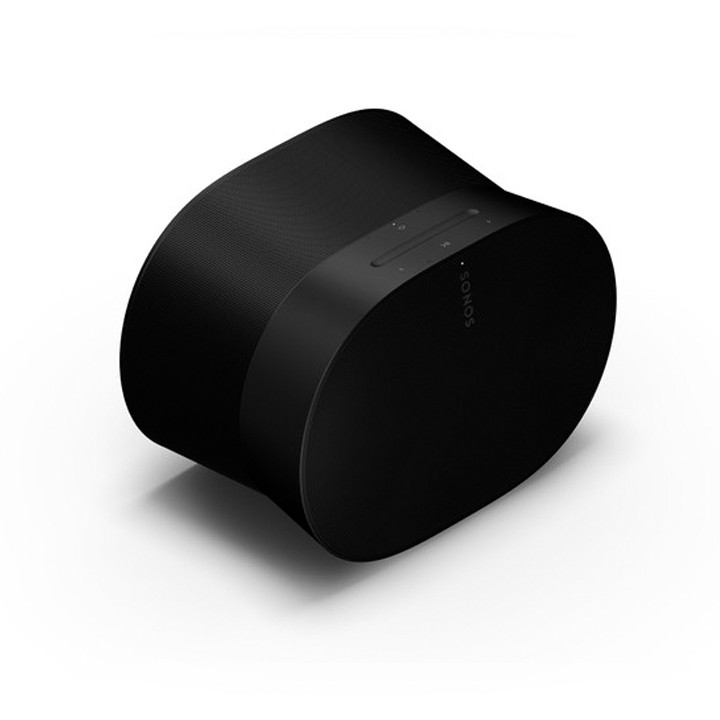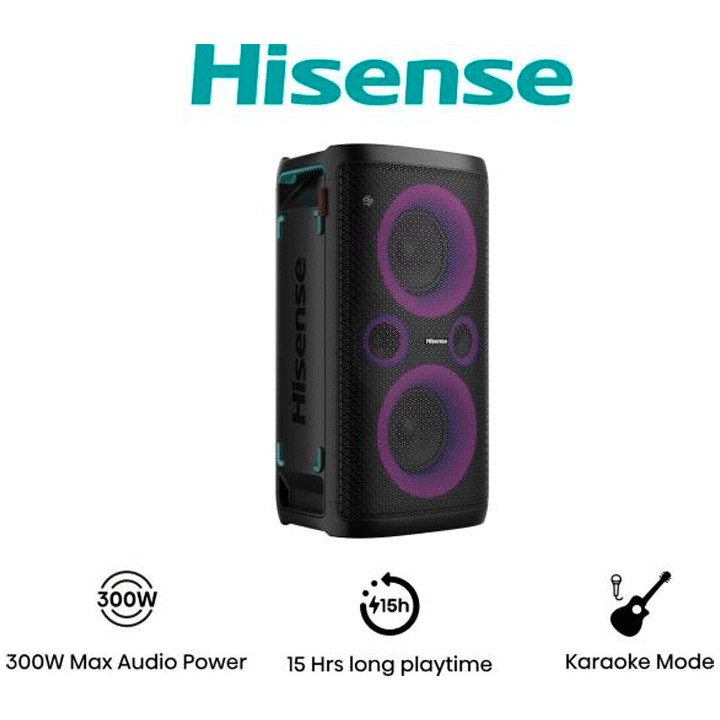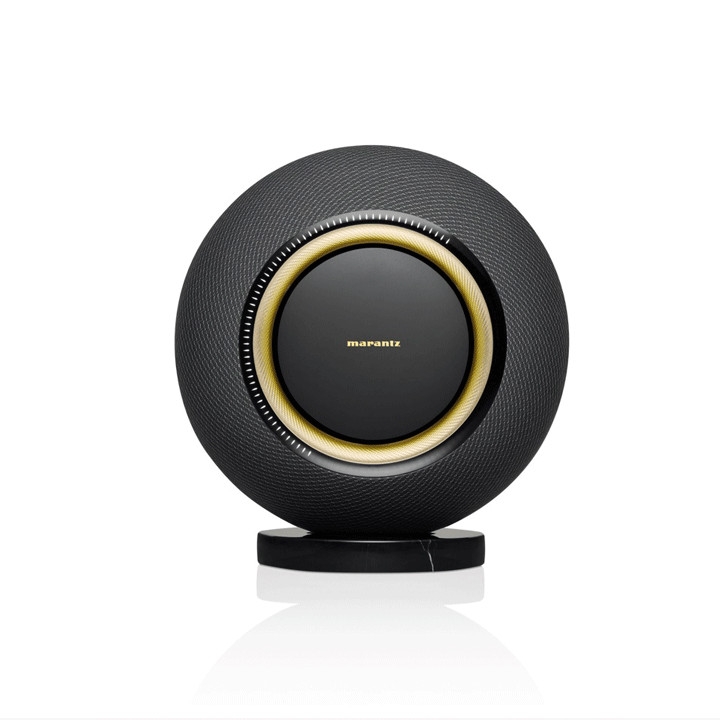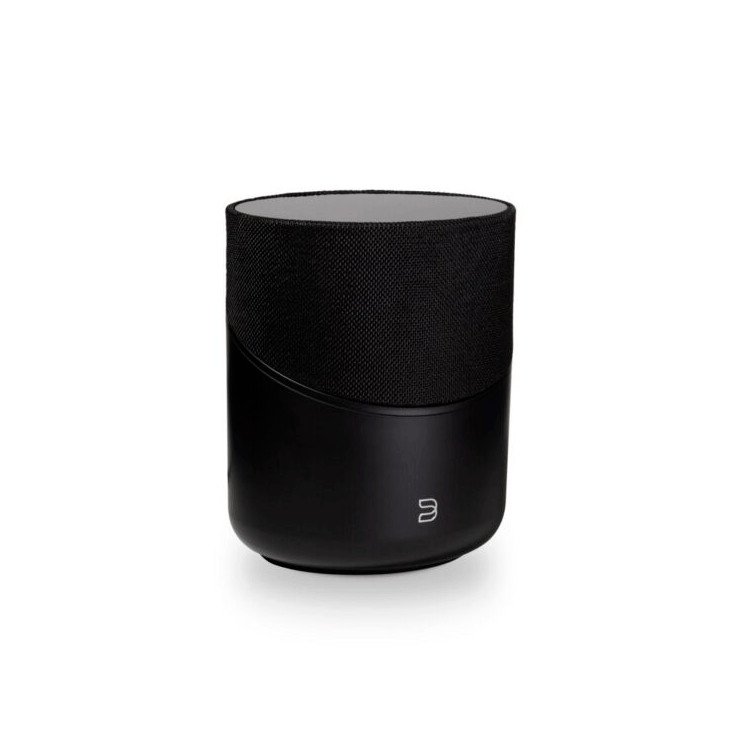Bluetooth or Wi-Fi: Which Wireless Speaker Technology is Right for You?
Are you in the market for a wireless speaker but not sure whether to go for Bluetooth or Wi-Fi? Well, you've come to the right place! In this article, we'll break down the differences between these two popular wireless technologies and help you make an informed decision.
Bluetooth is a short-range wireless technology that allows you to connect your smartphone or other devices directly to a speaker. It’s an ideal choice for portable speakers, as it requires no internet connection and offers easy pairing and convenience on the go. On the other hand, Wi-Fi offers a longer range and higher bandwidth, making it perfect for multi-room setups and home audio systems. With Wi-Fi, you can control multiple speakers from one device and enjoy high-quality audio without any signal interference.
To determine which technology is right for you, consider your specific needs and preferences. Are you looking for a portable speaker? Do you want multi-room functionality? Understanding your requirements will help you choose the wireless speaker technology that suits you best.
So, whether you're a music lover on the move or an audio enthusiast wanting to create a whole-home sound system, read on to discover whether Bluetooth or Wi-Fi is the right wireless speaker technology for you.
Understanding Bluetooth technology
Bluetooth is a short-range wireless technology that allows you to connect your smartphone or other devices directly to a speaker. It operates on the 2.4 GHz frequency and has a range of approximately 30 feet. One of the biggest advantages of Bluetooth speakers is their portability. They are compact, lightweight, and easy to carry around. Whether you're having a picnic in the park or traveling, Bluetooth speakers are a convenient choice.
Bluetooth speakers also offer easy pairing. All you need to do is turn on the speaker, enable Bluetooth on your device, and select the speaker from the available options. Once connected, you can stream music or other audio content directly from your device. The simplicity of the Bluetooth pairing process makes it a popular choice for users who value convenience and ease of use.
However, Bluetooth technology does have its limitations. The short-range can be a drawback if you want to use the speaker in a larger area or if there are obstacles between your device and the speaker. Additionally, Bluetooth audio quality may not be as high as Wi-Fi due to limitations in bandwidth and compression. If you're an audiophile or someone who values high-fidelity sound, you may want to consider Wi-Fi speakers instead.
Advantages and disadvantages of Bluetooth speakers
Bluetooth speakers have several advantages that make them a popular choice for many users. Apart from their portability and easy pairing, Bluetooth speakers are compatible with a wide range of devices, including smartphones, tablets, and laptops. They also have a lower power consumption compared to Wi-Fi speakers, which means longer battery life for portable models. Additionally, Bluetooth speakers are often more affordable than their Wi-Fi counterparts, making them an attractive option for budget-conscious consumers.
However, Bluetooth speakers also come with a few disadvantages. As mentioned earlier, the limited range can be a hindrance if you want to use the speaker in a larger area or in a different room. Bluetooth speakers also tend to have a shorter battery life compared to Wi-Fi speakers, especially if you're playing audio at higher volumes. Lastly, the audio quality may not be as high as Wi-Fi speakers due to limitations in bandwidth and compression.
Exploring Wi-Fi technology for wireless speakers
Wi-Fi, on the other hand, is a wireless technology that offers a longer range and higher bandwidth compared to Bluetooth. It operates on the 2.4 GHz or 5 GHz frequency and can cover larger areas, making it suitable for multi-room setups and home audio systems. With Wi-Fi speakers, you can connect multiple speakers to the same network and control them from one device, creating a seamless whole-home sound system.
One of the biggest advantages of Wi-Fi speakers is their superior audio quality. The higher bandwidth allows for lossless audio streaming, resulting in richer, more detailed sound. If you're an audio enthusiast or someone who appreciates high-fidelity sound, Wi-Fi speakers are the way to go. They can reproduce music with greater accuracy, capturing all the nuances and subtleties of the original recording.
Another advantage of Wi-Fi speakers is the ability to stream audio from various online services, such as Spotify, Apple Music, or Pandora. With built-in Wi-Fi connectivity, you can access a vast library of music and enjoy seamless streaming without relying on your smartphone or other devices. This feature makes Wi-Fi speakers a great choice for users who want a versatile and connected audio experience.
Pros and cons of Wi-Fi speakers
Wi-Fi speakers offer several advantages that make them a compelling choice for many users. Apart from their superior audio quality and multi-room capabilities, Wi-Fi speakers often come with additional features such as voice control, integration with smart home systems, and compatibility with virtual assistants like Alexa or Google Assistant. These features enhance the overall user experience and provide added convenience and control.
However, there are a few drawbacks to consider when it comes to Wi-Fi speakers. Firstly, they usually require an internet connection to function properly. While this may not be an issue for most users, it can be a limitation if you plan to use the speakers in outdoor or remote locations where Wi-Fi access is limited. Secondly, Wi-Fi speakers tend to be more expensive than Bluetooth speakers, especially if you opt for high-end models with advanced features. If you're on a tight budget, Bluetooth speakers may be a more affordable option.
Factors to consider when choosing between Bluetooth and Wi-Fi speakers
To determine whether Bluetooth or Wi-Fi is the right wireless speaker technology for you, there are a few factors you should consider:
1. Portability: If you need a speaker that you can easily carry around and use on the go, Bluetooth speakers are the ideal choice. They are compact, lightweight, and offer hassle-free pairing with your mobile devices.
2. Audio quality: If you're an audiophile or someone who values high-fidelity sound, Wi-Fi speakers are the better option. They offer superior audio quality and lossless streaming, allowing you to enjoy your music with greater detail and accuracy.
3. Range and coverage: If you want to use the speaker in multiple rooms or cover a larger area, Wi-Fi speakers are the way to go. They offer a longer range and can be connected to create a whole-home sound system.
4. Convenience and features: Consider the additional features that come with the speakers. Bluetooth speakers are often more straightforward and offer easy pairing, while Wi-Fi speakers provide advanced functionalities like voice control and integration with smart home systems.
5. Budget: Lastly, consider your budget. Bluetooth speakers are generally more affordable, making them a suitable choice if you're on a tight budget. Wi-Fi speakers, especially high-end models, can be more expensive but offer more advanced features and superior audio quality.
By considering these factors and understanding your specific needs and preferences, you can choose the wireless speaker technology that suits you best.
Best Bluetooth speakers in the market
When it comes to Bluetooth speakers, there are plenty of options to choose from. Here are some of the best Bluetooth speakers currently available in the market:
1. Bluesound: Bluesound offer a range of high performance Audiophile Bluetooth Wireless Speakers with built in Wi-Fi Capability.
2. JBL Charge 4: This portable Bluetooth speaker offers a powerful sound and long battery life, making it perfect for outdoor use.
3. UE Boom 3: With its 360-degree sound and rugged design, this Bluetooth speaker is ideal for adventurous music lovers.
4. Bose SoundLink Revolve: This compact and stylish Bluetooth speaker delivers impressive sound quality and has a built-in microphone for hands-free calls.
5. Sony SRS-XB43: Featuring extra bass and a durable build, this Bluetooth speaker is great for parties and outdoor gatherings.
6. Anker Soundcore Flare: This affordable Bluetooth speaker offers a 360-degree sound and customizable LED lights for a fun audiovisual experience.
Top Wi-Fi speakers for different needs
If you're considering Wi-Fi speakers, here are some top options for different needs:
1. Bluesound: Bluesound offer a range of high performance Audiophile Wireless Speakers. These also have Blutooth functionality, so other non Bluesound users can play using your Bluesound Speakers.
2. SONOS: One of the longest providers of Wireless Speakers, their SONOS App make it easy to use their platform.
3. DENON : Denon use their own HEOS software to control thier speakers, the same as used on the DENON and Marantz AV receivers, making them a great alternative to other manufacturers
4. Bowers & Willkins Zeppelin: Where performance and Designed sit together to form a beautiful speaker solution. Impressive Sound Quality and performance
5. Google Nest Audio: This affordable Wi-Fi speaker offers clear and balanced sound and works seamlessly with Google Assistant for hands-free control.
6. Harman Kardon Citation Series: If you're looking for premium Wi-Fi speakers with a sophisticated design and exceptional sound quality, the Harman Kardon Citation series is worth considering.
How to set up and connect Bluetooth and Wi-Fi speakers
Setting up and connecting Bluetooth and Wi-Fi speakers is generally straightforward, but the process may vary slightly depending on the model and brand. Here are the general steps to get you started:
Bluetooth speakers setup:
1. Turn on the Bluetooth speaker and put it in pairing mode. Refer to the user manual for specific instructions.
2. On your device, enable Bluetooth and search for available devices. Select the Bluetooth speaker from the list.
3. Once connected, you can start streaming music or other audio content directly from your device to the Bluetooth speaker.
Wi-Fi speakers setup:
1. Plug in the Wi-Fi speaker and ensure that it's connected to a power source.
2. Download the companion app for the Wi-Fi speaker on your smartphone or tablet.
3. Follow the app's instructions to connect the speaker to your Wi-Fi network.
4. Once connected, you can use the app to control the speaker, stream music, and access additional features.
Remember to refer to the user manual or manufacturer's website for detailed setup instructions specific to your Bluetooth or Wi-Fi speaker model.
Conclusion: Choosing the right wireless speaker technology for your needs
In conclusion, both Bluetooth and Wi-Fi speakers have their own advantages and disadvantages. Bluetooth speakers are portable, easy to use, and more affordable, making them a popular choice for on-the-go users. On the other hand, Wi-Fi speakers offer superior audio quality, multi-room capabilities, and advanced features, making them ideal for home audio systems.
To determine which technology is right for you, consider your specific needs and preferences. Are you looking for a portable speaker? Do you want multi-room functionality? Understanding your requirements will help you choose the wireless speaker technology that suits you best.
So, whether you're a music lover on the move or an audio enthusiast wanting to create a whole-home sound system, consider the differences between Bluetooth and Wi-Fi speakers and make an informed decision. With the right wireless speaker technology, you can enjoy high-quality audio and an immersive listening experience.



